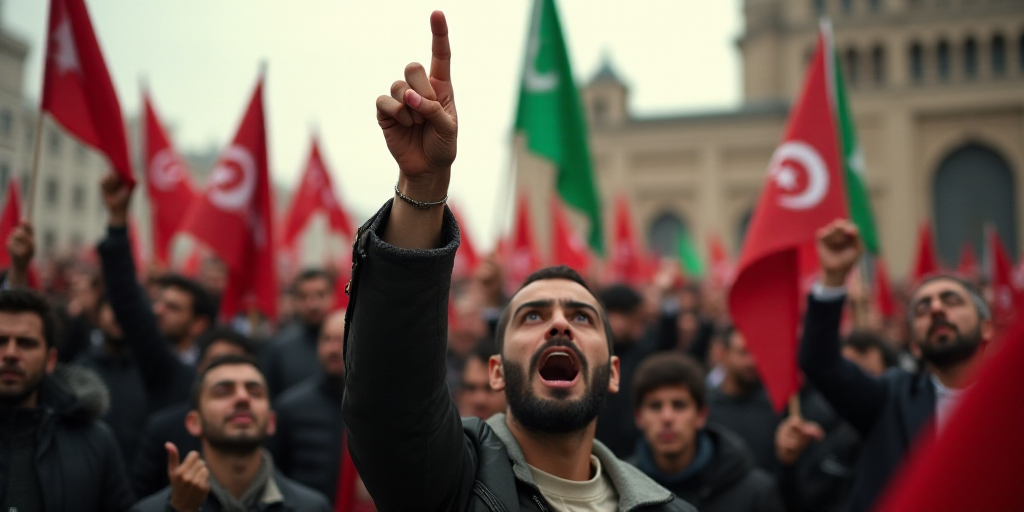Background on Key Figures and Context
The tension between Pakistan and India has escalated following a terrorist attack in late April in Indian Kashmir. Pakistan accuses India of violating its sovereignty and pushing both nuclear-armed nations “to the brink of war.” The Pakistani Foreign Ministry spokesperson, Shafgat Ali Jan, addressed these concerns during a press conference.
Who is Shafgat Ali Jan?
Shafgat Ali Jan serves as the spokesperson for Pakistan’s Ministry of Foreign Affairs. His role involves communicating the government’s stance on international matters, including the ongoing tensions with India.
Why is this situation relevant?
The dispute over Kashmir has been a longstanding issue between India and Pakistan since their independence from British rule in 1947. Both countries claim the region in full but govern only parts of it. Recent tensions have heightened concerns about a potential large-scale conflict between the two nuclear powers.
Pakistan’s Accusations Against India
Sovereignty Violation:
Jan stated that India has violated Pakistan’s sovereignty by attacking its territory, which is in direct contravention of the United Nations Charter. He emphasized that India’s aggressive actions have increased tensions between the two countries.
- India has not provided credible evidence linking Pakistan to the April 22 terrorist attack in Pahalgam, which left 26 people dead.
- The Indian military’s attacks have resulted in five more deaths in Pakistani Kashmir.
India’s Irresponsible Behavior:
Jan described India’s actions as “reckless” and urged the international community to be concerned about India’s behavior. He called for India to face consequences for its aggressive actions and dismissed the notion of a connection between Pakistan and the terrorist attack as “absurd.”
Water Disputes:
Pakistan has accused India of illegally using international treaties, such as the Indus Waters Treaty, to exert pressure on Pakistan. Jan described India’s attempts to “instrumentalize water” as illegal and dangerous, setting a harmful precedent.
India’s Response and Counteraccusations
India has maintained that it is the victim of terrorism, allegedly ignoring its own role in planning or supporting terrorism within Pakistan. India has also been accused of destroying mosques and damaging parts of the Nilum Jhelum hydroelectric dam during its retaliatory attacks, which violates international conventions.
Key Questions and Answers
- Q: Who is Shafgat Ali Jan? A: He is the spokesperson for Pakistan’s Ministry of Foreign Affairs.
- Q: Why is the Kashmir dispute significant? A: The Kashmir conflict has been a major point of contention between India and Pakistan since their independence, with both countries claiming the region in full but governing only parts of it.
- Q: What accusations has Pakistan leveled against India? A: Pakistan accuses India of violating its soberanity, not providing credible evidence linking Pakistan to the April 22 terrorist attack, and illegally using international treaties for political pressure.
- Q: How has India responded to these accusations? A: India maintains it is the victim of terrorism and has been accused of destroying religious sites and damaging infrastructure in Pakistan during its retaliatory attacks.






